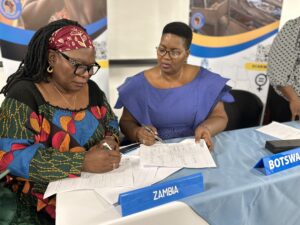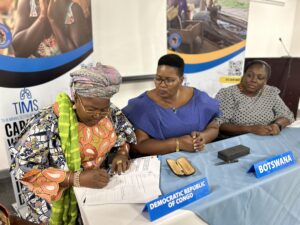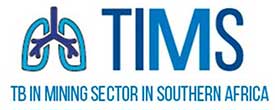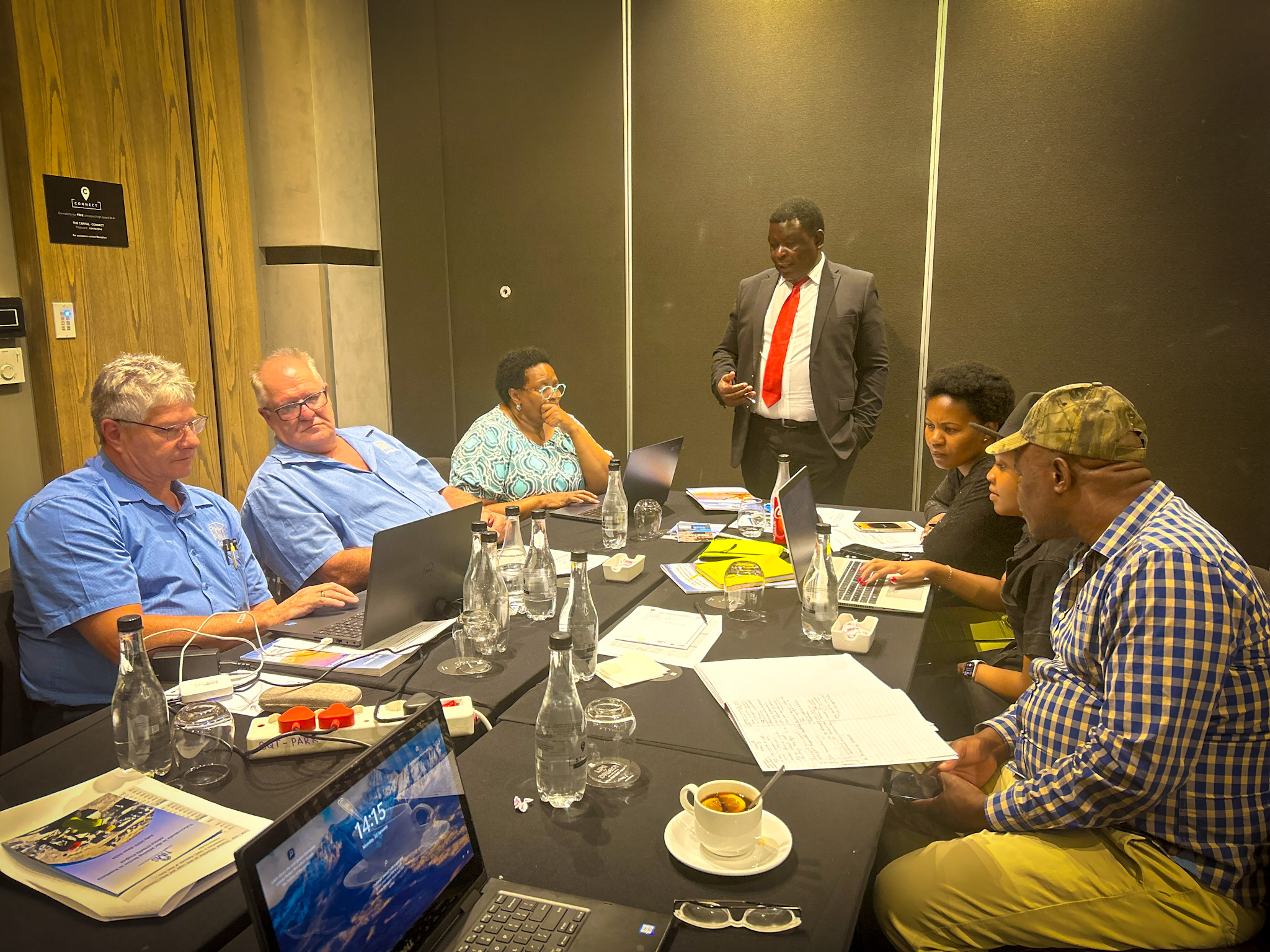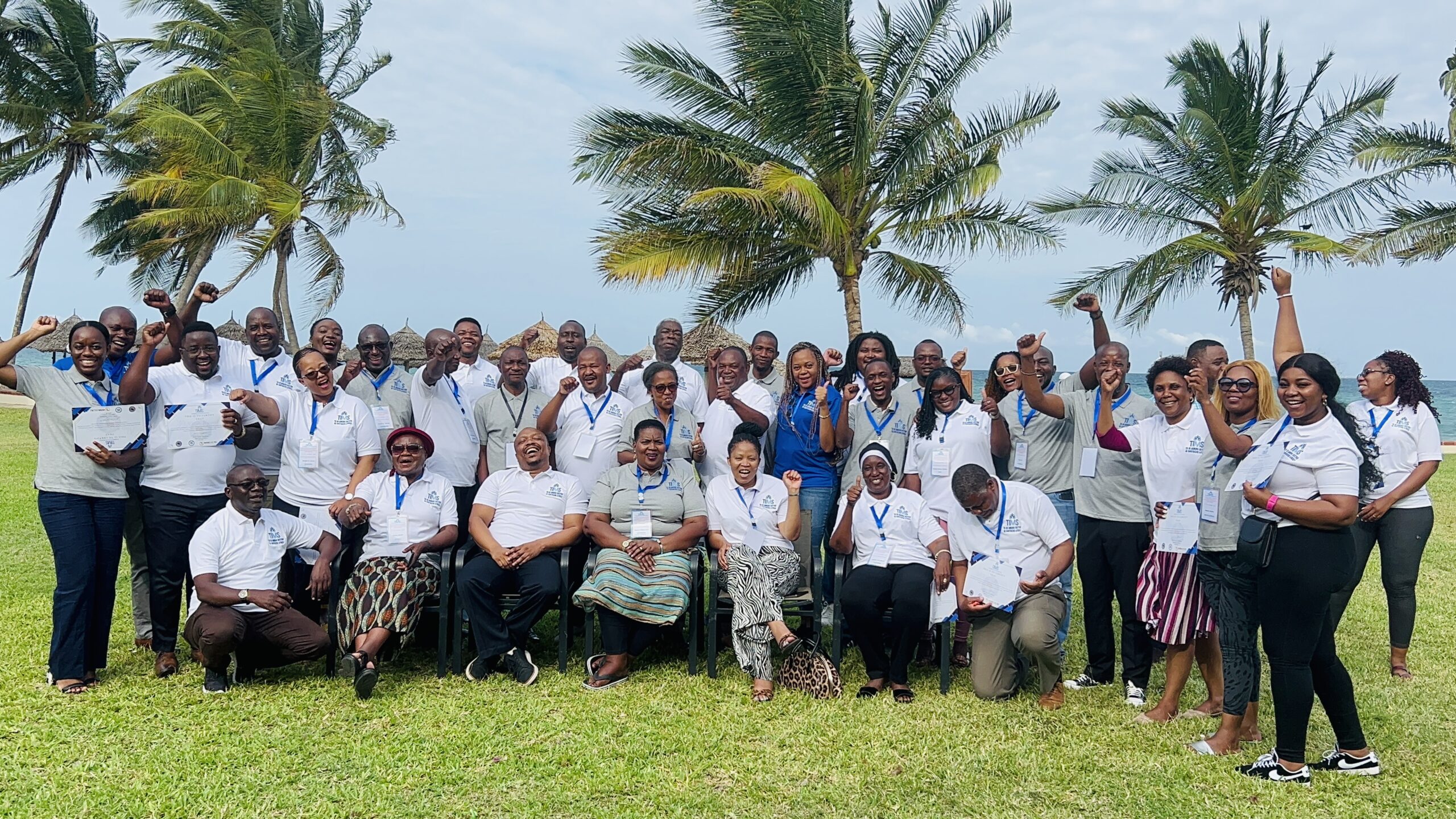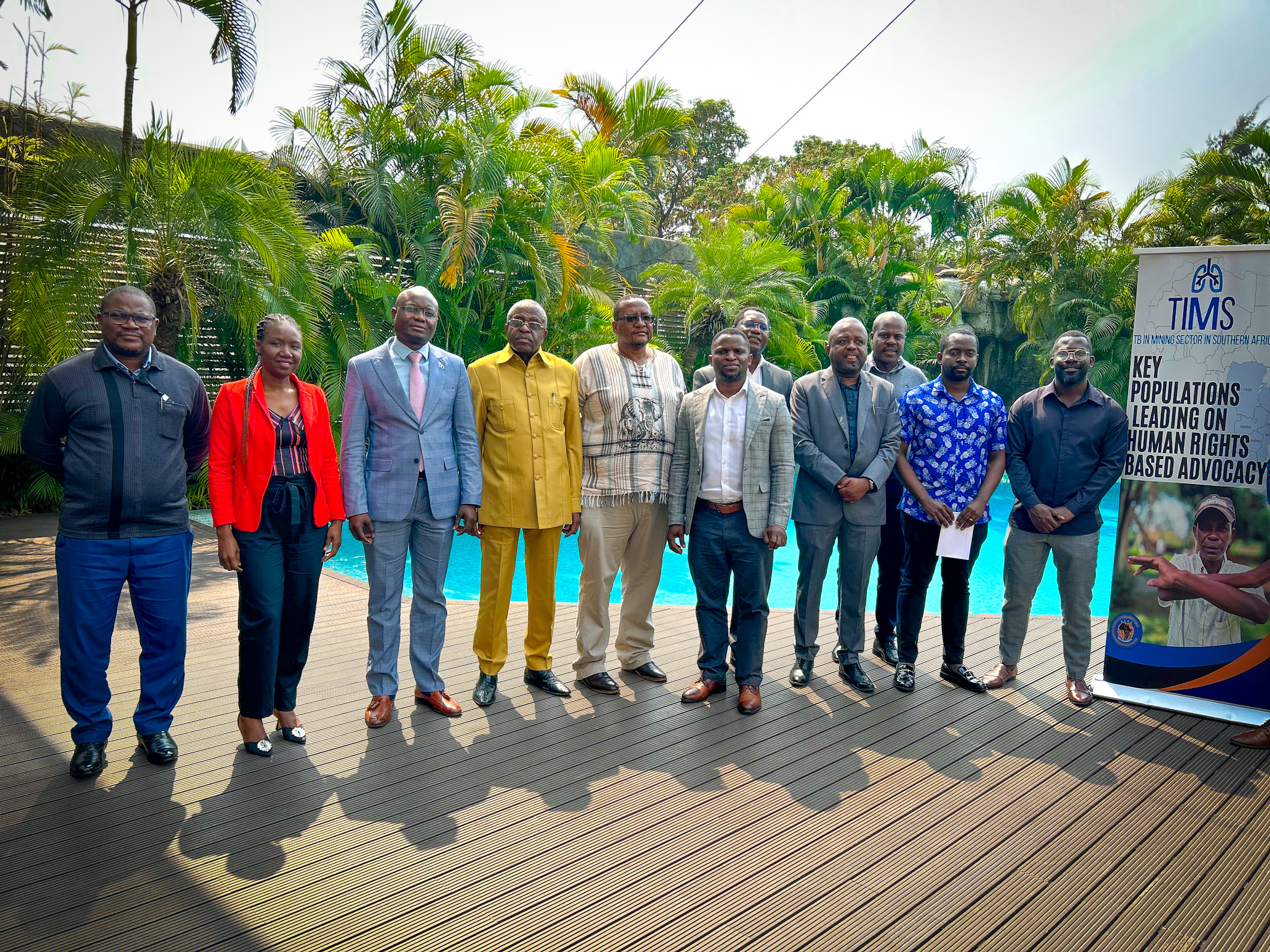In a significant advance towards enhancing Mine Health and Safety (MHS) standards across the Southern…
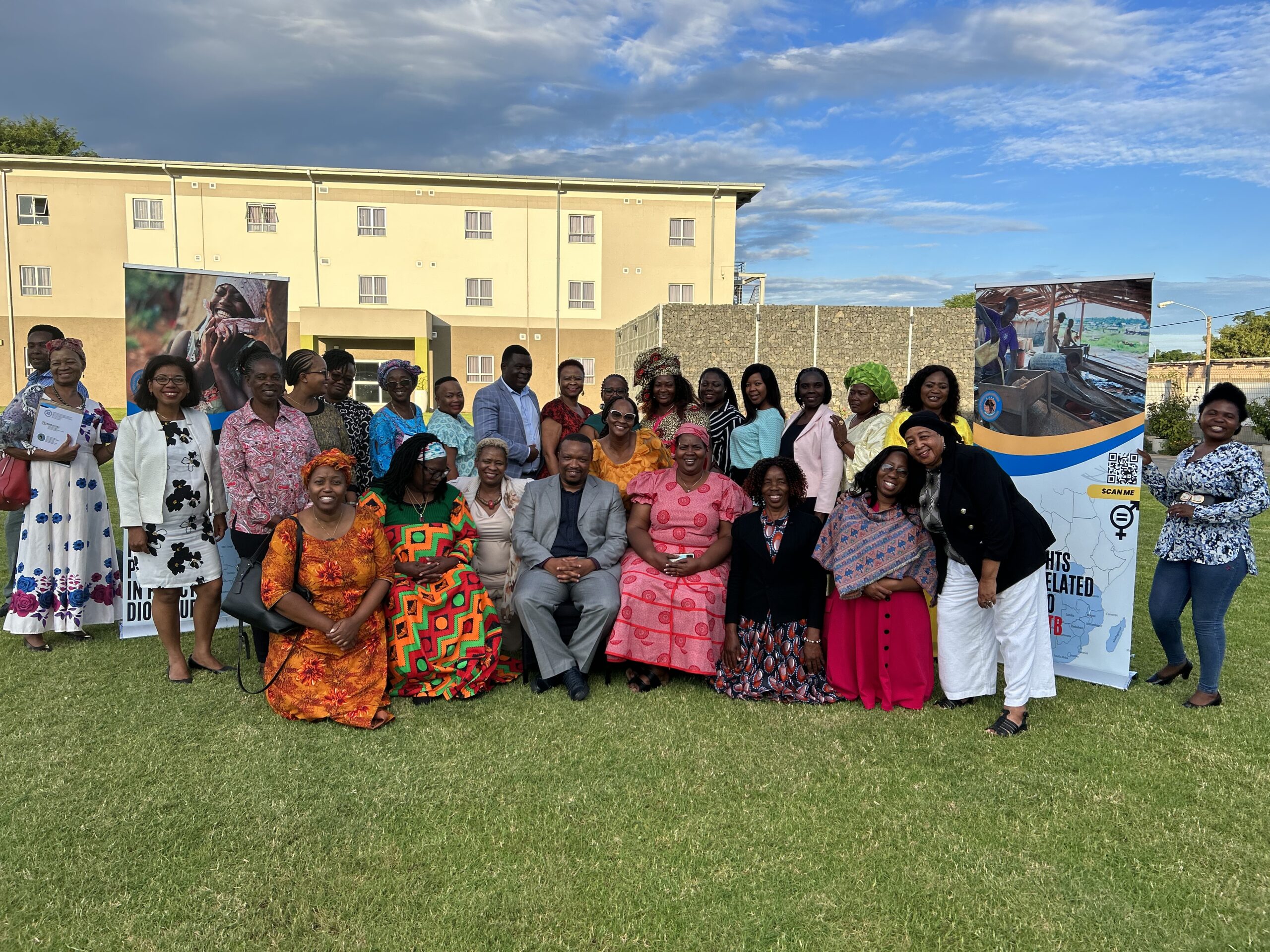
SADC Women in Mining receive Capacity building
The mining sector has the potential to drive economic growth and reduce poverty, but women in the region still face numerous barriers that limit their participation. To address this issue, a situational analysis was conducted and a SADC action plan was developed on strengthening the capacity of women in these groups. Between 6th -7th March 2023, ECSA-HC under the TIMS III project, organized a two-day training workshop for women in mining in the SADC region.
The 2-day training workshop aimed to empower women in the mining industry by increasing their capacity to participate and contribute to the sector’s growth. The workshop focused on enhancing women’s understanding of their rights and responsibilities in the workplace, as well as providing them with the necessary knowledge and skills to participate in policy development processes related to ending TB in the mining industry. It also addressed the health and safety barriers facing women, including TB, and provided an opportunity to improve working conditions. The workshop also served as a platform to build a network of women working in the mining industry who could support each other in overcoming the barriers and advancing their careers. The meeting had representation of women in mining associations from 12 countries namely Eswatini, Botswana, Democratic Republic of Congo , Malawi, Madagascar Mozambique, Namibia, Tanzania, South Africa, Zambia and Zimbabwe.
The workshop reached its climax with the finalization of the draft Constitution for the SADC Women in Mining Association (SADC WIMA). This session was pivotal and historic, as the women in the mining industry in the Southern African Development Community (SADC) region had been eagerly awaiting the formalization of a regional entity that would coordinate their efforts and provide them with a formal platform for recognition. The establishment of SADC WIMA will give these women a collective voice and the ability to address issues at a regional level, thereby enhancing their visibility and advocacy efforts.
